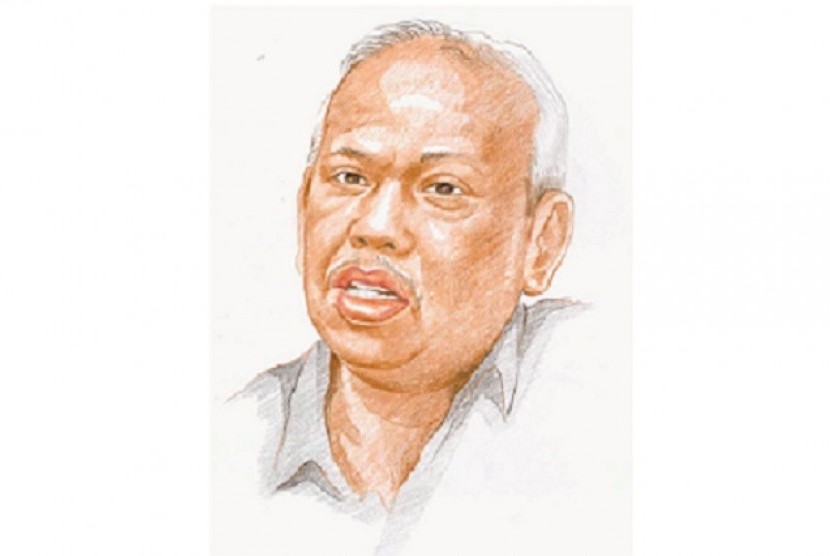REPUBLIKA.CO.ID, By: Azyumardi Azra
Reflecting on the experience of several countries around the world that are pessimistic about future of democracy, what can we do to re-grow Indonesian optimism for democracy? This opportunity now comes when voters vote in legislative election on April 9 legislative and then presidential election on July 9, 2014. Is legislative election able to restore public confidence to all representatives who disappointed Indonesian citizens in the past? Is the general election can produce the President who gives hope for Indonesian future?
Reinforcement of democratic optimism must begin with an attitude of believing to democracy itself. Although it has a limit, democracy remains an option of a more viable political system for Indonesia. It will be more difficult to implement other political system, like theocracy or militarism.
However, it is hard to imagine if Indonesian citizen can receive other political system despite the chaotic implementation of democracy in Indonesia, especially since 2005 election, which often involved money politics, violence and intimidation. It is hard to imagine that people want to receive authoritarianism based on a theological or military power.
The idea of 'simplification' of procedural democracy with security and financial reason on local election also faces tough challenge. However, Indonesian democracy now becomes the order of the day.
On the other side, this symptom indicates democracy has been deeply embedded in political culture in Indonesia. Unfortunately, the strengthening of democratic process and traditions are not accompanied an increase in civic culture and citizen behavior. Some efforts to strengthen civic culture and civilization can be carried out through civic education or democratic education like what have been conducted in Indonesia in before 1999 election. But after that, in 2004, 2009 and 2014 elections, the civic education lost its momentum and no longer became a priority.
It was clear that civic culture and civilization cannot be considered after it was completed or grew by itself. Therefore, cultural citizenship increasingly degenerates in public domain. No need the academic and scientific research in this case. People can see cultural decline in various aspects in public life.
That is why cultural citizenship and civility must be grown and strengthened continuously. Both of them can function not only in democracy reinforcement but also in everyday life. Public respect for civilization, law and order can be re-enforced.
Culture of citizenship and civility are needed to be strengthened not only by Indonesian citizens but also political elites. Since the reform era, many politicians in legislature disappointed. They were involved in corruption cases and skipped the meeting, so they failed to reach the law targets. No wonder this fact lead to citizens' frustration and apathy.
The similar condition is also seen in legislative election this year. About 90 percent legislative candidates are incumbent who have good performance, while the rest are new faces who cannot be ascertained to restore the dignity of legislature.
But the pessimism is not going to improve situation. Hence, voters must give their votes to implement reward and punishment principles. In this framework, voters give the reward or punishment to candidate who has good track record and they are not voting for candidate who has bad track record.
Thus, the strengthening of democracy requires hard work in various ways among voters, legislative candidates, politicians and also political parties. If not, democracy procedural through general election is not more than a riot democracy which is unable to repair the political reality and people welfare.
Some efforts to recreate democracy are possible in Indonesia because this country is rich with organizations and civil society groups, which are usually reflected as civil society. These people play important roles to empower democracy just like in the beginning of reform. Now it is time for them to revitalize a better democracy for future.



